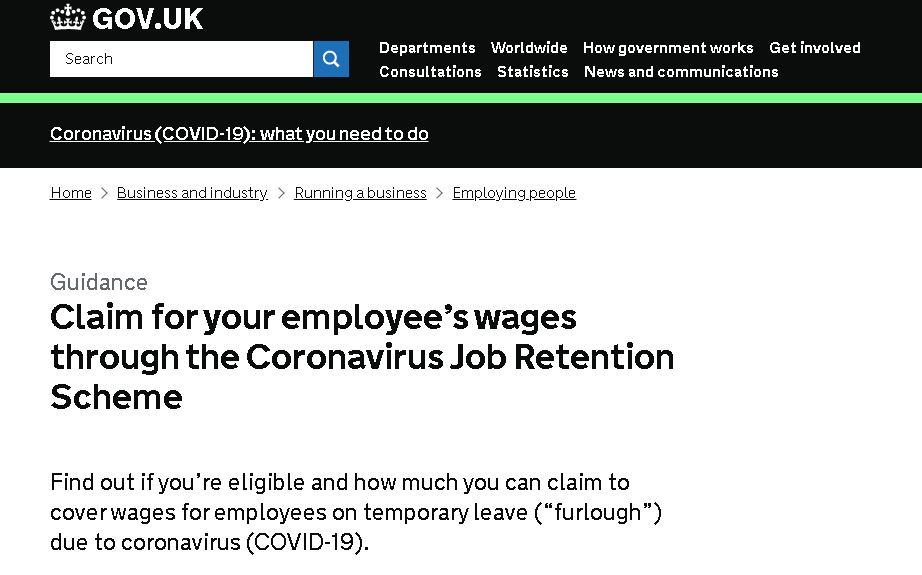By Michael Nadin - Associate Solicitor The Coronavirus Job Retention Scheme (CJRS) was originally due…

Unfair Dismissal: A Guide for Employees
PLEASE NOTE: Information in this article is correct at the time of publication, please contact DFA Law for current advice on older articles.
Employees dismissed by their employer may feel that their dismissal is unjust. There are clear legal precedents for what constitutes an unfair dismissal. Find out everything you need to know about unfair dismissal below:
What does unfair dismissal mean?
An unfair dismissal has occurred when an employer dismisses an employee for an invalid or unfair reason. An employer is required to provide a written reason for dismissal if the employee has more than two years continuous service and requests an explanation. The employer must provide this explanation within two weeks. If the employee believes the reason to be untrue or unfair, then they may be able to make a claim, which will need to be proven to be unfair in an employment tribunal or through their employer’s appeal process.
Under employment law, the following reasons all automatically comprise an unfair dismissal:
- Pregnancy or being on maternity leave;
- requesting legal rights at work, such as minimum wage;
- raising or taking action about a health and safety issue;
- being member of a trade union, or taking part in trade union activities including industrial action;
- having engaged in whistleblowing.
If any of these are the reason for dismissal, then the employee will be able to make a claim for automatically unfair dismissal.
Another common form of unfair dismissal is discrimination. If an employee believes they have been dismissed due to a protected characteristic, such as their race, sex, disability, sexuality, gender identity, age or religion, then this is also grounds for making a claim.
There is also constructive unfair dismissal, which is when an employee is forced to leave their job due to their employer’s conduct. An employee may have a claim if their employer fundamentally breaches their contract of employment. Examples include withholding pay, demotion without good reason, forcing the employee to accept unreasonable changes to their work (such as unreasonably changing working hours), or letting other employees harass or bully them. All of these would constitute a breach of contract and may be grounds for a claim.
How much compensation can you get for unfair dismissal?
An unfair dismissal pay-out varies depending on several factors, including the length of the employment before dismissal, age, and salary while employed. This is called a ‘basic award’, and is calculated like this:
Half a week’s pay for each year of service while under 22 years old + a full week’s pay per full year of service where the employee was 22-41 years old + 1.5 times a week’s pay for each full year of service where the employee was 41 or older.
However, there is an upper limit on a week’s pay, currently maxing out at £700. This cap increases every year.
On top of the basic award, there is the compensatory award, which is intended to compensate the employee for their financial losses. This includes loss of earning, future loss of earnings and the loss of benefits. This is what will primarily be discussed in an employment tribunal. This is capped at the lower of 52 weeks’ pay or a statutory cap, currently set at £115,115. Again, this cap increases every year but does not apply if the reason for dismissal is to do with whistleblowing or raising health and safety concerns.
Can you claim unfair dismissal if you have less than 2 years continuous service?
Usually, an employee’s length of service does come into play when establishing if a dismissal is unfair. An employee usually needs to be employed for at least two years before an ordinary unfair dismissal claim can be made. However, if the employee has been discriminated against, then this may constitute a separate claim under the Equality Act.
Also, if an employee has been dismissed due to one of the automatically unfair reasons for dismissal, then they may not need two years’ continuous service.
If you believe you have been unfairly dismissed, then get in touch with DFA Law to learn more about whether you have a claim. Visit our page on employment law, call 01604 60 95 60 or email us at info@dfalaw.co.uk.



